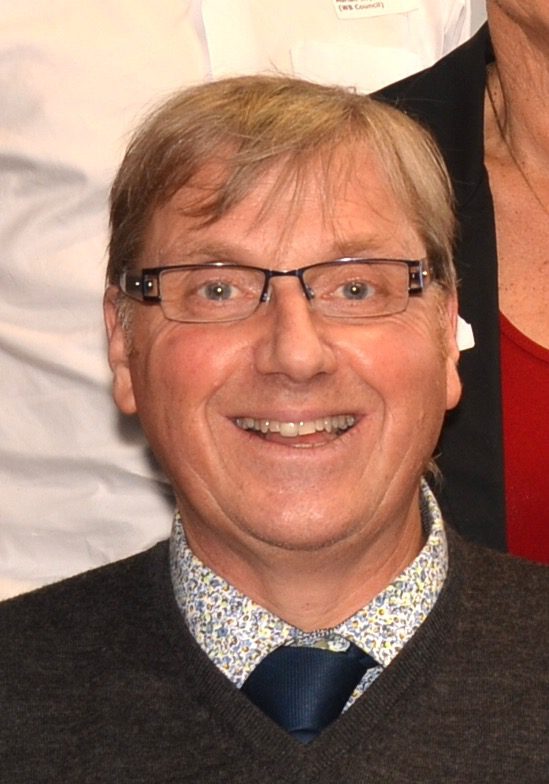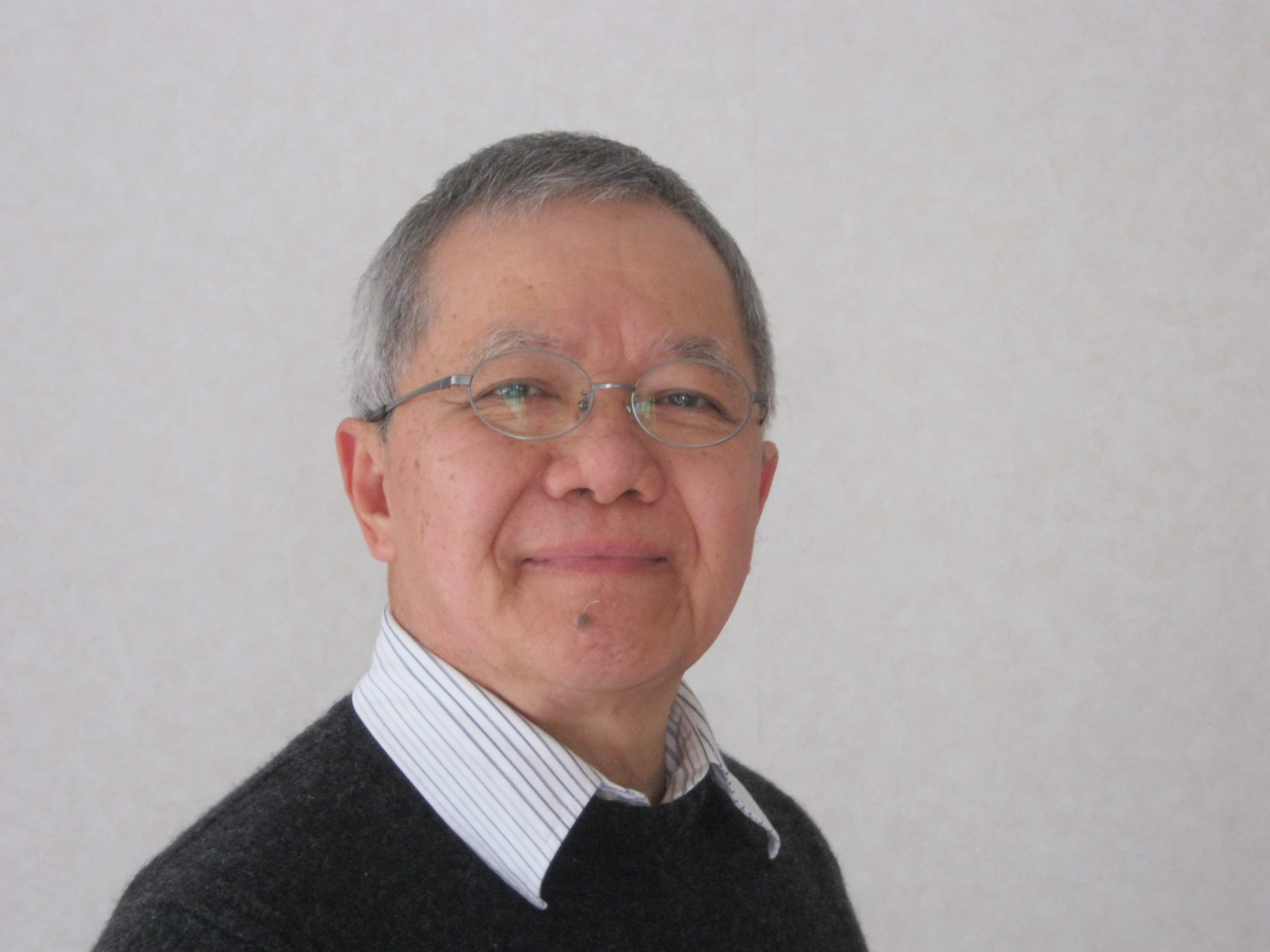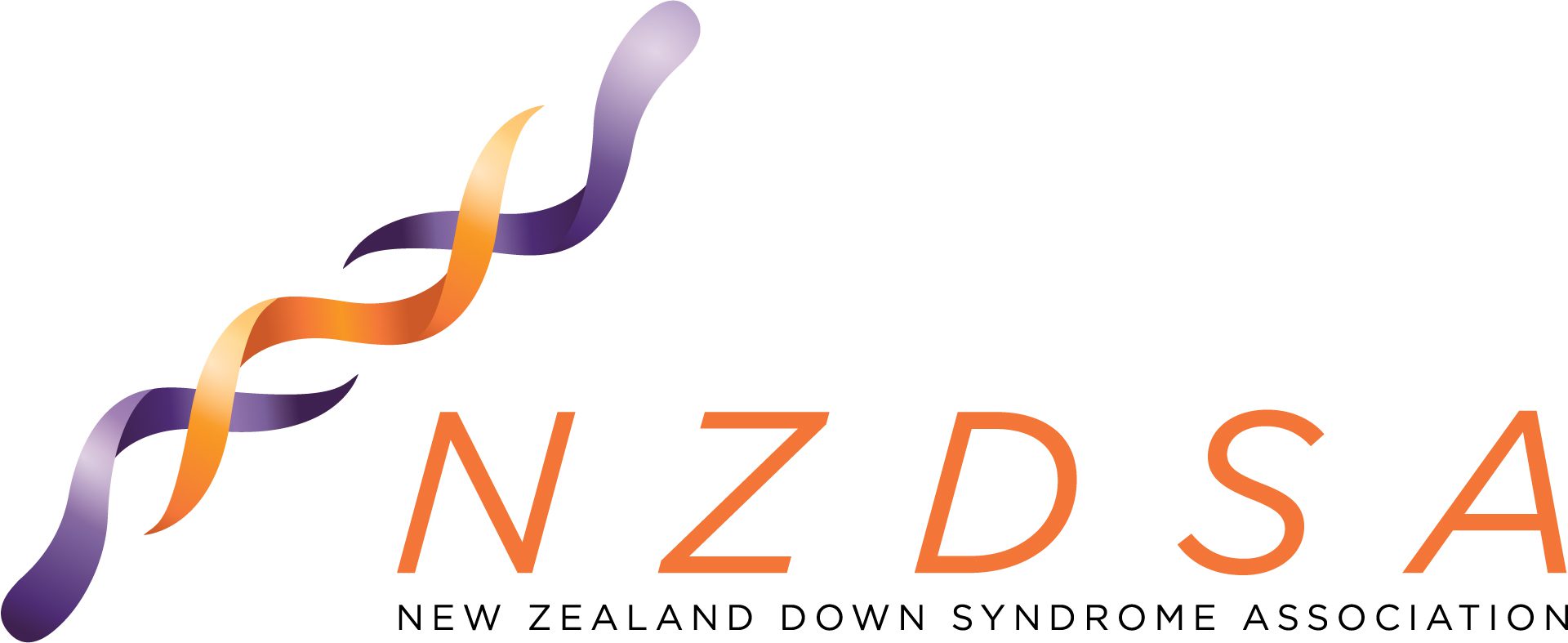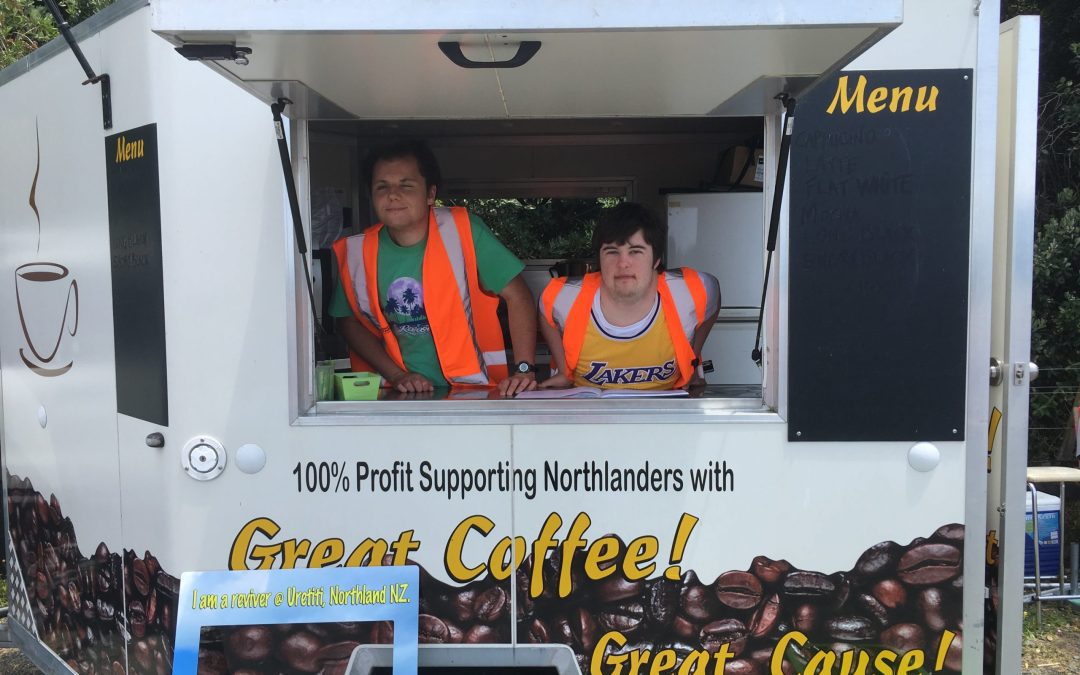Transition into the workplace and holding down long-term employment remains a challenge for many adults with Down Syndrome. COEN LAMMERS examines the employment sector, the access for people with learning disabilities and the success stories that might inspire others in the community.
New Zealand has a long and proud history of mainstreaming students with disabilities, but many families feel they are dropping off a massive cliff at the end of high school. The pathway between pre-school, primary school and secondary school is clearly sign-posted and well-supported, but where to from there? Finding your own place in the world is an intimidating challenge for every young adult, but for people with Down syndrome and their families, it often feels like the big unknown. Securing employment is a key element for a rewarding life and gives every person a source of pride and independence, but for many people with learning disabilities full-time, long-term employment appears to be a pipe dream.
“New Zealand is doing as well as any other country getting people with disabilities into employment, but we still have a long way to go as far as creating better pathways for younger people,” says Grant Cleland chief executive officer of Workbridge New Zealand. Workbridge is the country’s largest “pan-disability” employment service provider and assists around 3000 people with disabilities to secure employment each year. Over the past decade, Workbridge has linked 36,800 New Zealanders with learning difficulties, mental health issues, sensory, physical and other disabilities or health conditions with a suitable job and supports them to be successful in the workplace. Cleland says that his organisation in 2017-18 had 1,664 employers who listed 4,061 vacancies with us, of which in 1,332 provided a job for our jobseekers and 55% hired more than one person with a disability. The list includes several strong national partnerships like, Accor Hotels, ACC, IRD, Victoria University, Westpac and of course Z-Energy who in recent years alone have employed over 300 people with disabilities. “Those companies are leading way, but the list is growing each week.” He says that the attitudes around employing people with disabilities is changing rapidly and is no longer seen as charity or a community service. “Employers are more willing to try new things, are getting more disability-confident and the conversation around disabilities has become much more genuine,” says Clelland. He says that the staff shortage for many companies has opened their eyes to a new talent pool that they had not considered. “There are a lot of myths around people with disabilities, but the research clearly shows that they are just as productive as any other employee.”
 Grant Clelland
Grant Clelland
Cleland says that some employers are wary of looking at this group because they fear that a worker with a disability may require significant support and resourcing, but research shows that less than 10% of disabled jobseekers need some additional support or alteration to their work station. “Research shows that hiring a person with disability has a wonderful impact on the workplace and is also a good reflection of our community as 24% of New Zealanders have some kind of disability, illness or long-term injury.”
Employment is one pathway for people with disabilities, but many families in the Down syndrome community have decided to take control of the situation by creating their own micro-businesses. “Ten years ago, there were maybe five micro businesses around New Zealand, but now there are hundreds,” says Lawrence Chok who has been driving force behind many of those micro-businesses. With a background in the corporate work, Chok decided 11 years ago that he wanted to create a micro-business for his son Robin, who has Down syndrome, but realised he could not do this alone. “Many microbusinesses fall over after 5-10 years when the families simply run out of puff,” says Chok, who formed Family Action Support Team (FAST) with three other families in the Palmerston North area, with a variety of disabilities. Chok visited Canning in Canada to research a successful CAPRE (Community Association of People for Real Enterprise) model and the group started four micro-businesses that tapped into the passions and the skills of their children. He says the past 11 years have been an amazing journey for all four children and even though not all businesses are still going, the work has morphed into new opportunities. One of them still runs a business, while one of the other participants has worked his way through script writing courses and hopes to get employed with Peter Jackson. “And they are all living independently.”
 Lawrence Chok
Lawrence Chok
Chok now runs two-day workshops across the country to help families get started and travels around the world to find new innovations to help people with disabilities. Coming from the corporate world, Chok says he was mainly focused on the businesses making a profit and being viable in the traditional sense, but soon discovered that the micro-business model had very different goals and success milestones.“I was looking at it completely the wrong way and the lot of families do, until I realised that this micro-business model needs to be about the total well-being of the individual,” says Chok. “Why do most of us do the job that we do? Because we follow our passion. So why don’t we let our children follow their passion?” He says that many families trying to get and keep their child into employment are struggling and are stressed and that some employers also find it challenging.
“For many it feels like they are banging their heads against the wall,” says Chok who is clearly frustrated that the Government spends millions on securing supported employment but does not encourages micro-businesses, for example by raising the amount a person with a disability can earn before they lose their allowances. Canadians are ahead of Aotearoa as the individual’s microbusiness can earn as much as $9,000 per annum before it affects the individual’s supported living allowance. In the model that Chok shares with families he advocates for working smarter, not harder. “Families need to learn to use the three Os: Other People’s Time, Other People’s Money and Other People’s Services.” He says there are plenty of people in the community who want to support these kind of micro-businesses, and sufficient financial support available among different agencies, once you know how to use the system and access the funding.
Chok says that the positive changes he has seen in the young people he has worked with have been phenomenal. “Once you get total engagement of the individual, they grow in confidence, learn new skills and they walk differently and talk differently.” Chok is the first to admit that a micro-business is not the only pathway for people with disabilities to lead a full life, and says it may not suit every family.
The Te Mahi Trust is one example of families getting together to create a micro-business when Rachel Hill and Alison Faithful in Northland were grappling with their children leaving school. The Trust has a vision to run a catering business or café for young adults with a disability, and have started by purchasing a coffee cart, in which two young adults sell coffees, cold drinks and food, supported by one carer, at community events and at a road side fatigue shop.“ We are hoping the people of Whangarei are ready for it,” says Alison Faithful, who hopes the cart will secure a permanent spot in town soon.
Lawrence Chok and Workbridge’s Grant Clelland are both encouraged by the growing number of success stories in the disability sector, but the latter says the education system needs to do better to prepare people with disabilities for a working life. “Schools do a lot of planning for transition out of school, but it does not often lead to employment. Instead the school transition often leads to a day service option, because their biggest block is access to employers.”
To show schools what is possible, Workbridge last year piloted, Z in schools, where students in Special Units from Papanui and Riccarton High Schools in Christchurch could apply for four internships with Z Energy. This included students with learning disability. The students who might normally have struggled to find employment completed a 12-week internship which led to a Service IQ Level 2 Retail Certificate and for one of the student resulted in a full-time job. The trial has been so successful that it is now extended to Auckland and Dunedin.
Cleland says that some schools are better than others in preparing their students for the workplace. The aim of our work in schools is to create a pathway into employment for disabled school students, with employers who are already employing the jobseekers Workbridge work with. “We think more students need to get the right learning support to prepare them for employment. With Z in School the schools were able to able to teach the Service IQ Level 2 Unit Standards to reinforce the learning in the workplace,” says Cleland who himself grew up with a disability but had parents with high expectations and willing to challenge the status quo.
One company that is proactively trying to fill that gap is Kilmarnock Enterprises, a Christchurch business that employs differently abled people and aims to change attitudes around people with disabilities. The company was founded 60 years ago as a protected workshop but has evolved into a complex, thriving business that focuses on enhancing the skills of their workforce. As a registered charity, all profits are pumped back into Kilmarnock Basecamp, where the company provides education, health, and skills training for its employees. “Our staff learn more skills, which means we get more adept staff who enable us to be more successful. It’s a win-win situation,” says Tim Jones, General Manager Growing Good at Kilmarnock. “We don’t look at the things they can’t do, but find what they are good at, what work they enjoy and then try to build on those personal skills,” says Jones.
Last year, the Kilmarnock Academy was established to help graduates find meaningful, sustainable open employment outside of Kilmarnock. “Previously, our employees came to us, and more often than not, stayed in our employment till retirement,” says Jones. “But we now wish to only be part of their journey, and not the destination. With the right training, support, and encouragement, we can all achieve incredible things.”
Kilmarnock used to compete for work because their workforce was paid below the minimum wage, but Jones explains that companies are now using their services simply because his team can do certain jobs better than anyone else.“Some of our staff still earn below the minimum wage, which is often at their request so they don’t lose their allowances, but our company is committed to have everyone on the minimum wage in the very near future,” says Jones. Workbridge boss Grant Clelland says that his organisation does not want to use subsidised wages as an incentive to secure a position, but strives to have all their clients in “open employment” which means the same conditions, responsibilities and pay as their colleagues. “Probably less than one per cent of our clients have some sort of subsidy for their wages to entice their employer to take them, but all the others are employed simply because the employer wants them for their skills.”
The chief executive says New Zealand still has a long way to go and lacks an employment-focused national strategy like Australia and other countries have adopted. “We still have a welfare strategy where people think about losing benefits instead of thinking about the skills and strengths people with disabilitiescan offer the work force,” says Clelland. “Until we change that policy and mindset, with families and at Government level, we will continue to create a lifelong dependency.”

